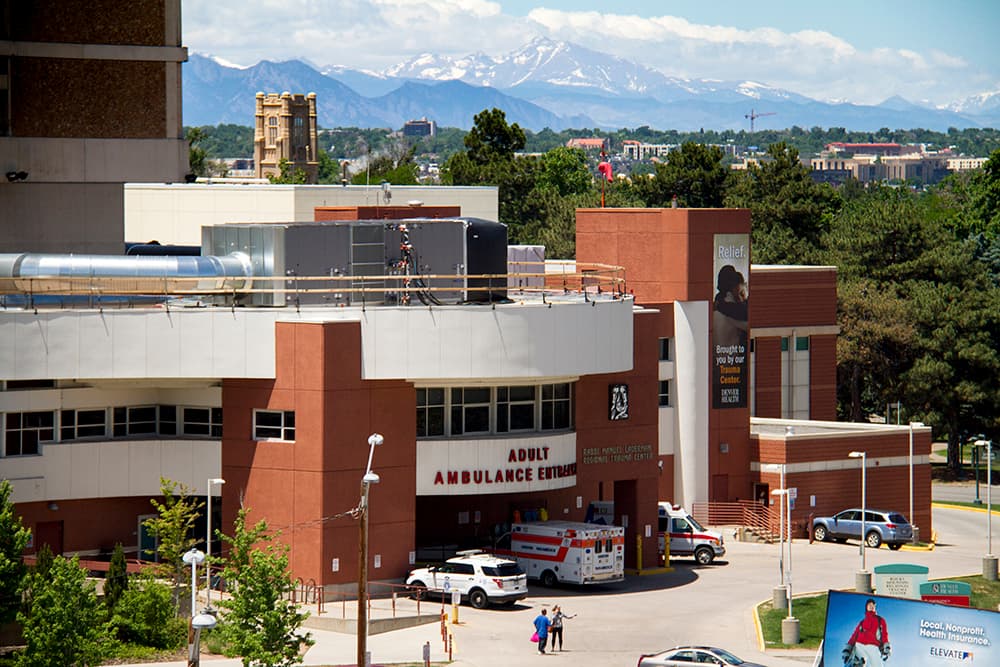Fifty-seven people have contracted Hepatitis A in Colorado this year, and one person has died. The outbreak already has produced twice as many cases in 2017 as the state had for all of 2016.
"Colorado, like much of the U.S., unfortunately is seeing quite an increase in the number of cases," said state epidemelogist Dr. Rachel Herlihy in an interview with Denverite.
The outbreak is nowhere near the scale as the one that has killed at least 16 people in San Diego, California. But it's still a serious public health threat, and state health officials are urging people to get educated and vaccinated.
The virus can be spread via sexual contact, poor hygiene and contaminated food.
Colorado is seeing an uptick in infections among men who have sex with men in particular, but it can be transmitted from nearly any sexual contact. The virus is transmitted when fecal matter reaches the mouth, which can occur in lots of circumstances.
"We really say that any sexual contact -- whether that’s oral sexual contact, vaginal sexual contact or anal sexual contact -- all of those are a risk factor for transmission of Hepatitis A," Herlihy said.
Condoms are not an effective way to stop transmission. Instead, Hepatitis A can be prevented with a widely available vaccine, which is available at doctor's offices and retail pharmacies, among other places.
The vaccine costs $130 through Denver Public Health, and your insurance plan likely covers the cost. If not, your local public health agency may be able to help you.
The outbreak has been heaviest this year in El Paso County, where 12 cases have been reported, followed by Adams County with 9 cases and Denver with 8.
Herlihy urged people to ensure that they are vaccinated -- and that their sexual partners are too. "It’s important for individuals to know their partner," she said.
Children are routinely vaccinated against the disease today, but most adults are not currently vaccinated.
Hep A is a serious threat to homeless people, too.
The California outbreak is believed to be spreading between homeless people who are being exposed to fecal contamination, and cities are rushing to deploy mobile bathrooms and hand-washing stations as a result.
Colorado has seen "isolated cases" of the disease spreading among people experiencing homelessness, "but we have not seen any evidence of ongoing transmission in that population as is occurring in other parts of the country," according to Shannon Barbare, spokesperson for the Colorado Department of Public Health and the Environment.
"We are definitely working proactively with our local public health partners and some of the organizations that work with our populations in the state that are experiencing homelessness, trying to really understand how we can prevent an outbreak here," Herlihy said.
Symptoms of Hepatitis A include:
- Jaundice (yellow skin or eyes).
- Fatigue.
- Severe stomach pain.
- Nausea.
- Diarrhea.
The virus can damage the liver, meaning that people with diseases of the liver are particularly vulnerable. The state also lists use of "injection and noninjection street drugs" as a risk factor, in addition to travel abroad in certain countries, among other
In rare cases, hepatitis can cause liver failure and death. If you think you've been exposed, you need to call a medical professional.













